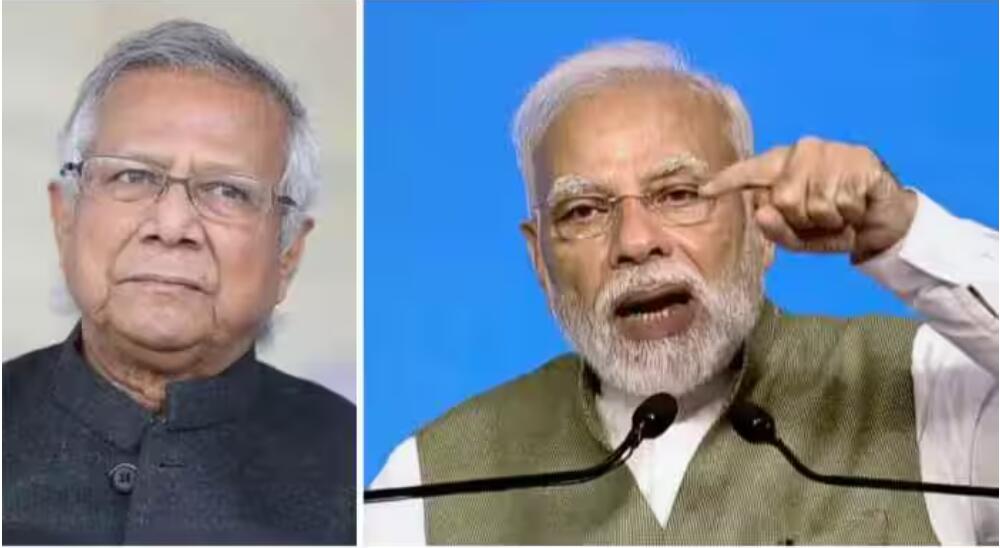Bangladesh’s recent overtures, particularly its assurances to protect Hindus and minorities, have raised questions about the motivations behind this sudden generosity. This shift in tone, especially after the violence that erupted following former Prime Minister Sheikh Hasina’s ouster, has prompted speculation about whether this is a genuine move or a strategic maneuver influenced by external pressures.
The Indian Prime Minister’s recent post on X highlighted a crucial conversation between PM Narendra Modi and Bangladesh’s interim government chief adviser, Professor Muhammad Yunus. Yunus assured Modi of the safety and security of Hindus and other minorities in Bangladesh, a promise that comes at a time when the country has been marred by reports of widespread violence against these communities. Temples, including the ISKCON temple, have been destroyed, and the Indian Cultural Centre was vandalized. This level of aggression against symbols of India-Bangladesh friendship has naturally caused concern in India, with prominent voices like Shashi Tharoor expressing their dismay.
Given the historical and cultural ties between India and Bangladesh, New Delhi’s concern is understandable. However, the timing of Bangladesh’s assurances raises questions. Is this sudden generosity a result of India’s diplomatic pressure, or is it tied to more tangible factors, such as India’s control over electricity supply to Bangladesh?
India plays a crucial role in supplying electricity to Bangladesh, and any disruption in this supply could have significant repercussions for the country’s stability. Bangladesh’s dependence on Indian electricity gives New Delhi substantial leverage, which could be a motivating factor behind Yunus’s recent assurances. The interim government, keen on maintaining stability and avoiding further international scrutiny, might be acting under the weight of this implicit threat.
Moreover, with Sheikh Hasina’s departure, Bangladesh’s political landscape is in flux, and the new administration is likely eager to secure international support, especially from India, to maintain its grip on power. Demonstrating a commitment to protecting minorities and maintaining peace could be seen as a strategy to appease India and other international stakeholders.
While Bangladesh’s promises to protect minorities are a welcome development, they should be viewed in the context of the broader geopolitical dynamics at play. India’s strategic leverage, particularly in the realm of electricity supply, may well be a significant factor behind Bangladesh’s recent generosity. Whether this leads to lasting change or is merely a temporary measure remains to be seen.
